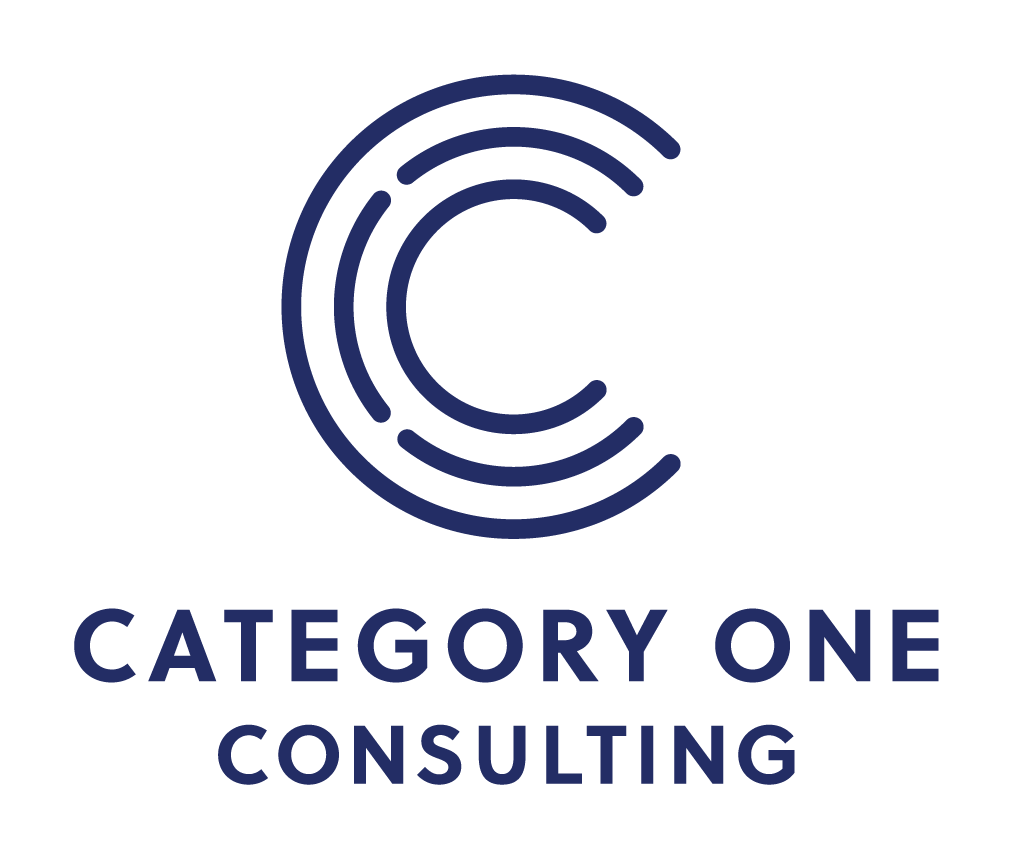AI Is Moving Fast. Is Your Organization Ready to Lead Responsibly?
With the late-July release of the new federal AI Action Plan signaling a dramatic pivot toward deregulation, organizations across sectors are rushing to integrate artificial intelligence into operations, services, and decision-making. But excitement shouldn’t eclipse ethics. As AI tools outpace policy, many leaders are wondering: How do we adopt AI without compromising values, integrity, or trust?
A roadmap for navigating governance, ethics, and strategy in the wake of this summer’s federal AI deregulation push.
As organizations enter fall planning cycles, now is the moment to ensure your AI strategies are aligned with values, not just velocity. At Category One Consulting, we believe responsible AI adoption starts with strategy, not software. Here's how your organization can get ahead of the curve, ethically and effectively.
1. Assess your organizational readiness.
Before diving into AI adoption, it's essential to understand where your organization stands. A readiness assessment can help you identify which workflows are most affected, whether data governance protocols are sufficient, and how equipped your team is to navigate ethical challenges. This initial step prevents premature implementation and sets a foundation for responsible innovation.
2. Align leadership around values and strategy.
Internal misalignment can derail even the most well-intentioned AI initiatives. Through facilitated planning sessions, leadership teams can establish shared principles like fairness, transparency, and accountability. These conversations also help clarify what types of decisions require human oversight and what roles AI should realistically play in your operations.
3. Build internal governance structures.
Even in a deregulated policy environment, your organization should establish clear guardrails. Create a policy that defines how AI will be evaluated, used, and monitored. This includes developing frameworks for tool selection, decision-making accountability, and regular review processes. Governance isn’t a one-time step. It’s an evolving system of responsibility.
4. Involve staff and stakeholders early.
AI systems impact people. Including staff and relevant stakeholders in planning, testing, and reflection builds trust and improves adoption. Employees can identify risks or concerns that leadership might miss, and their buy-in can make or break the success of a new tool or system.
5. Evaluate impact continuously.
Once implementation begins, your work isn't done. Build in mechanisms to regularly evaluate AI’s effects on operations, equity, and outcomes. This allows your organization to catch unintended consequences early and adjust as needed, reinforcing both ethics and performance.
Whether you’re a school district exploring AI-assisted curriculum, a nonprofit considering chatbots, or a public agency digitizing services, responsible AI doesn’t happen by accident. Let Category One Consulting help you assess, align, and act.
As you set priorities for the year ahead, let’s explore how your organization can adopt AI responsibly. Our team can guide you through ethical implementation with facilitation, evaluation, and systems support. Reach out today for a free consultation!

